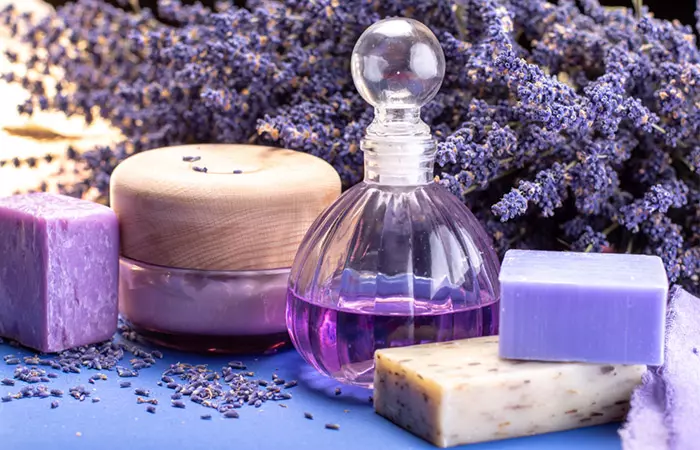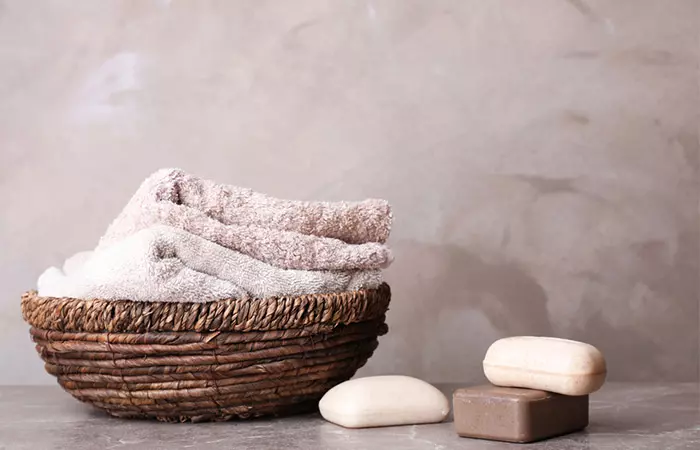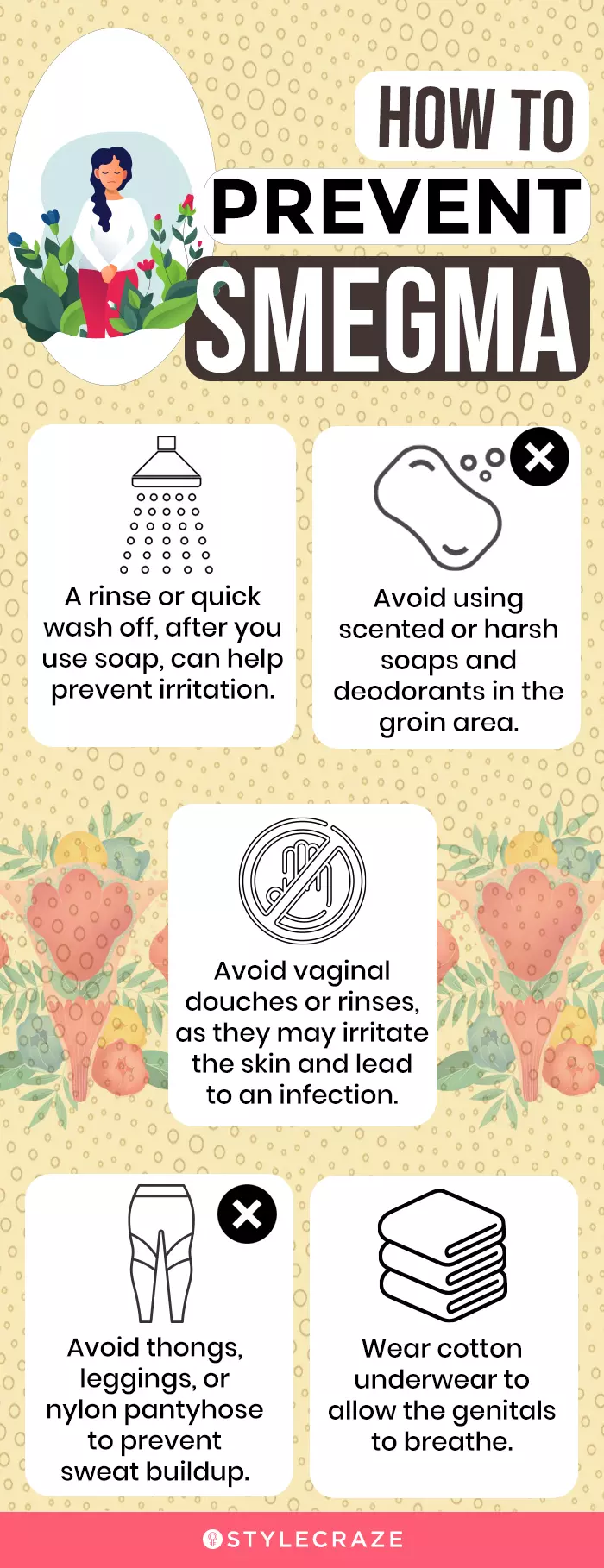What Is Smegma And Its Symptoms
Smegma comes from a Latin word which means soap. It is a natural secretion produced by the oil glands in our genitals which results in the buildup of dead cells, oils, and other fluids in the genitalia. It is commonly found at the tip of the penis or inside the folds of the vulva and clitoral hood. The following are easy ways to identify smegma:
Thick, cheesy substance called smegma cheese Foul or bad odor White or yellow in color White-colored bumps called smegma pearls
These are some common symptoms of smegma. But is this condition contagious? Let’s find out in the following section. Is Smegma Contagious? No, smegma itself is not contagious. However, there is a chance of infection or disease transmission if a person with smegma comes in close contact with another person’s genitals. However, one can prevent the buildup of smegma and infections by cleaning their genital area regularly. Smegma is quite a common occurrence in men and women. In the next section, we explore what causes it. Causes Of Smegma Smegma becomes a problem when it is not washed away and is allowed to build up. The moisture inside your genitals provides a place for the bacteria to breed (1). This results in a noxious odor and inflammation of the genital area. Smegma is commonly found under the foreskin of the penis which traps the bacteria and fluids, indicating that it may be commonly found in uncircumcised males (2), and those who have not yet performed circumcision. Our bodies create lubricants such as smegma that keep the genitals moist and prevent itching. Smegma also aids in sexual intercourse and prevents the skin from feeling itchy or dry. In the next section, we will read about preventing smegma buildup. Tips To Prevent Smegma Since smegma is a naturally-occurring substance in our body, there is no way to completely stop it from building up. But the following are some tips that can help keep smegma in check and provide smegma prevention.
Avoid using scented soaps, powder, and deodorants.
Wash off the soap you use completely to avoid irritation. Wear cotton underwear to allow the genitals to breathe.
Avoid thongs, leggings, or pantyhose to prevent the buildup of sweat and oil. Avoid fabrics such as nylon, acetate, and synthetic fabrics. Avoid vaginal douches as they may irritate the skin and lead to infection.
If you experience recurring issues with smegma even after following these tips, it is best to consult a doctor for personalized hygiene advice. Also, sometimes, despite following preventive measures, your smegma build-up may become unmanageable and the accompanying symptoms can help you decide when to seek medical attention. Let’s explore what they are in the next section. When To See A Doctor While the combination of oil and smelly odor is not a cause for concern, leaving it unattended may sometimes lead to health complications. Consult a doctor if you develop any of the following symptoms in or around your genitals:
Skin irritation Itchiness Painful urination Swelling Redness Bleeding
In the next section, we will discuss the possible health complications of untreated smegma. Possible Health Complications Of Smegma While smegma itself is not a serious condition, these are the possible complications you may develop:
Balanitis – Balanitis is the inflammation of the tip of the penis. This condition develops due to the buildup of smegma, which hardens on the tip. This can lead to swelling, pain, redness, and inflammation (3). Phimosis – It is a condition where the foreskin of the penis is tight and cannot be pulled back over the head of the penis (4). This condition may cause discomfort and difficulty in urinating, and can lead to an increased risk of infections and inflammation (3). Clitoral Adhesion– In females, once the smegma builds up, it sticks to the head of the clitoris. This results in the clitoral hood sticking to the shaft, leading to pain and clitoral adhesion.
Are you not sure about what to do next? Head onto the next section to get a better understanding of how to get rid of smegma in males and females. How To Get Rid Of Smegma Buildup In Males And Females The following are the simplest ways on how to get rid of smegma.
In Males
The lubricant produced by the body helps retract the foreskin of the penis. Poor hygiene practices allow the lubricant along with dead skin, bacteria, and oils to build up under the foreskin. You must follow these steps while cleaning the penis. Smegma may develop in male infants in the form of white pearls under the foreskin. A parent must follow these steps for proper smegma removal.
In Females
Smegma is commonly found inside the vulva or hood of the clitoris. You must follow these steps to remove smegma. They are: Incorporating these tips for a healthy vagina can help maintain overall cleanliness and comfort. Can smegma cause UTI? Yes. Since smegma accumulates due to the buildup of sweat and oil, it increases the risk of contracting urinary tract infections (1). Can smegma cause ED? There is currently no evidence that suggests that smegma can cause erectile dysfunction. How do you get rid of smegma smell? You can get rid of the smegma smell by washing yourself with warm water and mild soap. If the smell still persists after a few days, please consult a doctor. This approach may also help address concerns about how to get rid of vaginal odor in general, ensuring that any persistent issues are properly managed. What is the difference between discharge and smegma? There is a key difference between discharge and smegma. Smegma is a cheesy-colored natural secretion that is produced by the genitals that leads to the buildup of oil, fluids, and dirt in the genitals. It is commonly found inside the vulva or the tip of the penis. Discharge is a white fluid that keeps the genitals moist and clean. How often should one clean to prevent smegma? It is recommended to wash your genitals daily to prevent smegma from accumulating. Smegma is a white, cheesy substance that can build up under the foreskin. Check out the video below to learn more about what it is and how to manage it.











